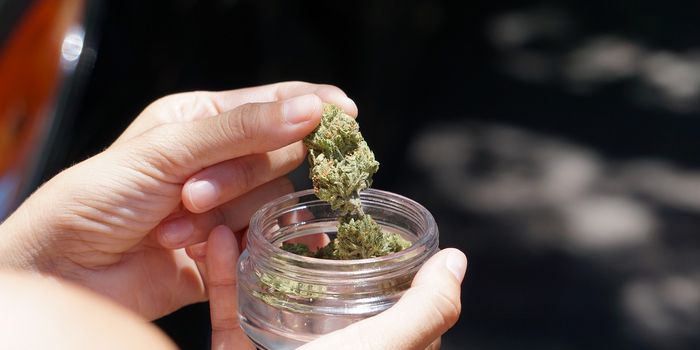Study Examines the Effects of Maternal Cannabis Exposure on Placental Dysfunction
A study assessing maternal cannabis use effects on placental function used biological sampling to determine the association between adverse pregnancy outcomes and placental dysfunction. The findings published in JAMA Network indicate that the risk for adverse effects increased among those mothers with ongoing cannabis exposure beyond the first trimester. Biological sampling pointed to an association between maternal cannabis use and adverse pregnancy outcomes related to placental dysfunction.
The researchers recruited participants from the Nulliparous Pregnancy Outcomes Study: Monitoring Mothers-to-Be cohort between 2010 and 2013. The research team screened 10,038 potential participants, and they classified 9,257 women as eligible for participation in the study. The researchers recruited participants during the first trimester of pregnancy from 8 US medical centers. The researchers tracked the participants throughout pregnancy and delivery.
The study assessed cannabis exposure and placental function by analyzing urine immunoassay for tetrahydrocannabinol-9 (THC). The samples included frozen urine samples obtained during three visits during different gestational phases.
Of the participants, 6.6% (n=610) were cannabis users. 32.4% (n = 197) reported cannabis exposure only during the first trimester. 67.6% described recurring consistent exposure during and after the first trimester.
This study of cannabis exposure and pregnancy confirmed positive results with the use of liquid chromatography-tandem mass spectrometry and found the primary composite outcome (which included small-for-gestational-age birth, medically indicated preterm birth, stillbirth, or hypertensive disorders during pregnancy) was more frequent in pregnant individuals with cannabis exposure. Cannabis exposure was associated with the primary composite outcome (25.9% in the cannabis exposure group vs 17.4% in the no exposure group).
The researchers recommend that expecting mothers should avoid or limit cannabis consumption or exposure to prevent placental dysfunction. As cannabis legalization and access continue to increase in many states and countries, medical professionals and patients should discuss the potential effects of cannabis on reproductive and neonatal health.
Sources: Eureka News Alert, JAMA Network Open, Nulliparous Pregnancy Outcomes Study: Monitoring Mothers-to-Be








